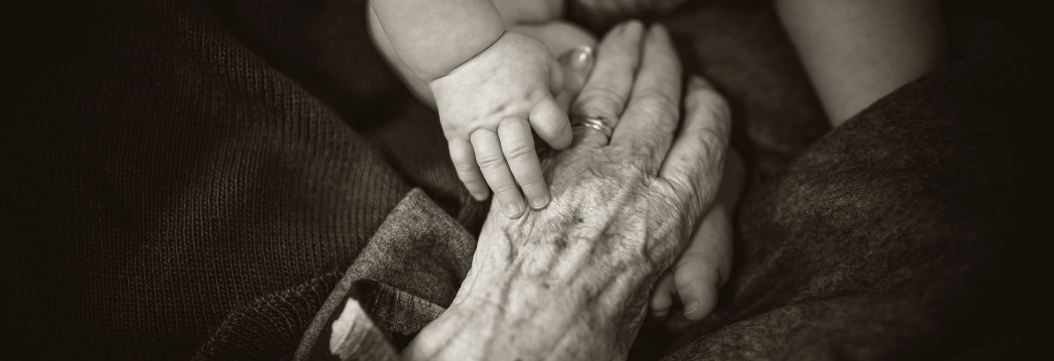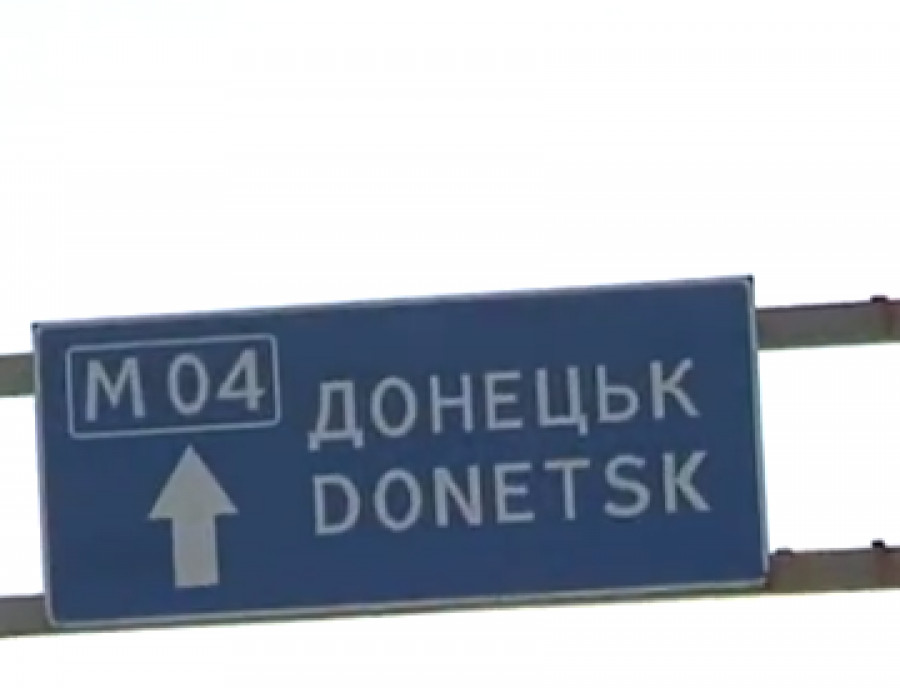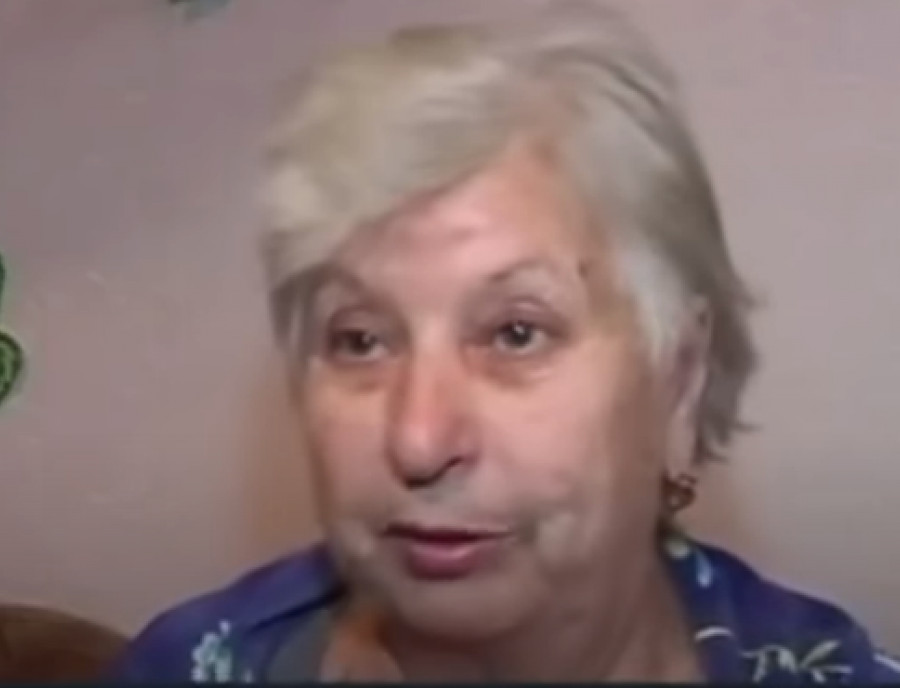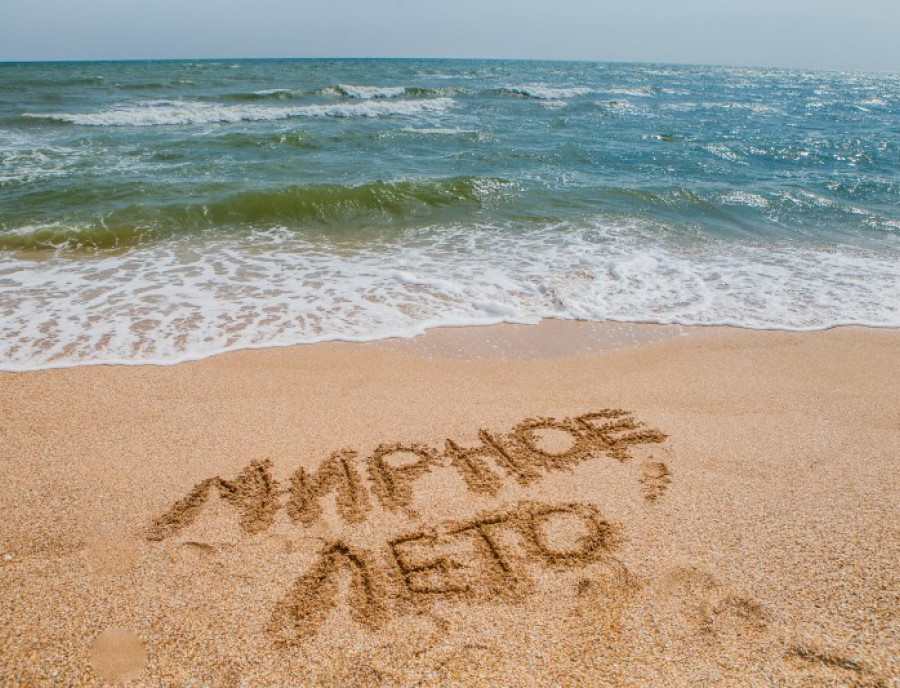‘For me, the war means…’
…means grief, tears and death. The war resembles a stone thrown into the water – with rings diverging on the surface. The war creates a chain of events, like a domino effect, that affect a person’s life. It can lead to a family breakdown, to conflicts between parents and children, or a person may be forced to leave for immigration.
When did the war in Donbass begin for you?
In April 2014, when Slovyansk was seized.
What did you talk about with your family and neighbours during active hostilities?
We tried to understand when it all would be over.
What do you remember the most from the experience you went through during the war?
The feeling of anxiety, the presence of constant fear.
What was the most important event of this war for you?
It was late August – early September 2014. It was then that I realized that this was going to be for a long time, and I had to go far from home.
We tend to erase unpleasant events from our memory. What event from the beginning of the armed conflict in Donbass would you like to forget about (or cannot forget)?
For me, such events are constant relocations and the feeling of “living for one day”.
When I left Donetsk, I had to change many cities. This situation lasted several years. The whole family had to move, and it was quite stressful.
You moved and changed places because of the war. How was it?
My first move was from Donetsk to Mariupol on 18 July 2014. I thought that I was leaving for a few weeks, but it turned out to be seven years.
Then, I had to travel around Ukraine. For some time, my family and I lived in Mykolaiv region, and then in Mykolaiv city. Then I returned to Mariupol. Since then, I have been living here.
We moved from Donetsk to Mariupol wearing summer clothes as we thought that it would all last not more than three weeks. We leaved in summer slippers. From Mariupol to Mykolaiv, I also moved lightly dressed as all my things remained in Donetsk and I have not returned for them since then. And there, upon arrival, people helped us with clothes.
The fact is that I have a large family, four children. Our relatives from Donetsk sent us some things. Having moved to Mariupol again, we changed our places of living four times, because living in rented apartments is also instability. A landlord can say that the circumstances have changed and you have to move out.
This nomadic way of life did not come easy for me. One thing is when you are alone, but quite another thing is when you are with a family. These are six people. You constantly live out of suitcases. This is quite challenging.
Do you plan to come back home when the war is over?
I plan to return to Donetsk, perhaps, when my children grow up. But there are several points here. Firstly, it will be when the war is over, and secondly, we wonder when it will be over.
Over there, in the occupied territories, the mindset of people has changed. People have become different there. If we imagine that the war is over tomorrow or this year, I would not plan to return there anytime soon. Over time, yes, it is possible, I think.
Tell us please how the war affected your everyday life.
The war made the question of safety sharp for us. Back in 2014, we left Donetsk, left Skhidnyi micro-district. I lived right in the yard that was shelled in January 2015. That is, six months later, when living in Mykolaiv region, I saw a video and some pictures of shelling on Skhidnyi, exactly the building where I used to live. There was some destruction near the building and there were some casualties. The question of safety has not gone anywhere since the beginning of the war.
Do you feel safe now?
No, I don’t. I don’t feel safe now. What I see and hear on the news does not contribute to lowering the level of hazard as there is still a threat of big war possible. The feeling of anxiety persists.
What is in the way?
Some real steps to resolve the conflict would help me. For example, if there was a ceasefire during a long period, if some decisions on returning to peaceful life were made, this would contribute to the feeling of safety. And so far, this is not the case, the sense of danger remains.
What do you dream about?
I dream to develop further, so that I could use problems and difficulties as an experience for the benefit of further development. Happiness is when everything is fine in my family and around me.
What did you learn while overcoming all those difficulties you told us about?
I reconsidered my values in life. What seemed important before the war, turned out to be completely insignificant, and some things that seemed obvious came to the fore.
I began to value relations with my near and dear ones. I began to assess differently those people I knew before the war. The war became a “watershed”. Since the outbreak of the hostilities, values of a more personal nature have come to the fore.
Have you or members of your family received humanitarian aid before?
Of course, our family received such aid. The first time, I received the humanitarian aid in the summer of 2014 in Mariupol, and the latest one I am going to pick up next week. I got a call from one organization and was offered to pick it up.
What role has this humanitarian aid played for you and your family?
This was connected with a certain period of the war. If we take the summer of 2014, it was August, and the humanitarian aid was from the Rinat Akhmetov Foundation. It helped us a lot as we had almost no clothes. We came to Mariupol wearing our summer clothes.
Later on, when we lived in Mykolaiv region and in Mykolaiv city, we received financial assistance from the IOM. Then, in Mykolaiv, the Red Cross helped us with some winter things, such as a sleeping mattress and a heater. Caritas also helped us when we came to Mariupol. And next week, I will also receive help from this organization.
In Mariupol, we received some financial support from the Rinat Akhmetov Foundation and the Red Cross. Up to 2017–2018, we received a very significant support. Then everything normalized.
When quoting a story, a reference to the source – the Museum of Civilian Voices of the Rinat Akhmetov Foundation – is mandatory, as follows:
The Museum of Civilian Voices of the Rinat Akhmetov Foundation https://civilvoicesmuseum.org/






